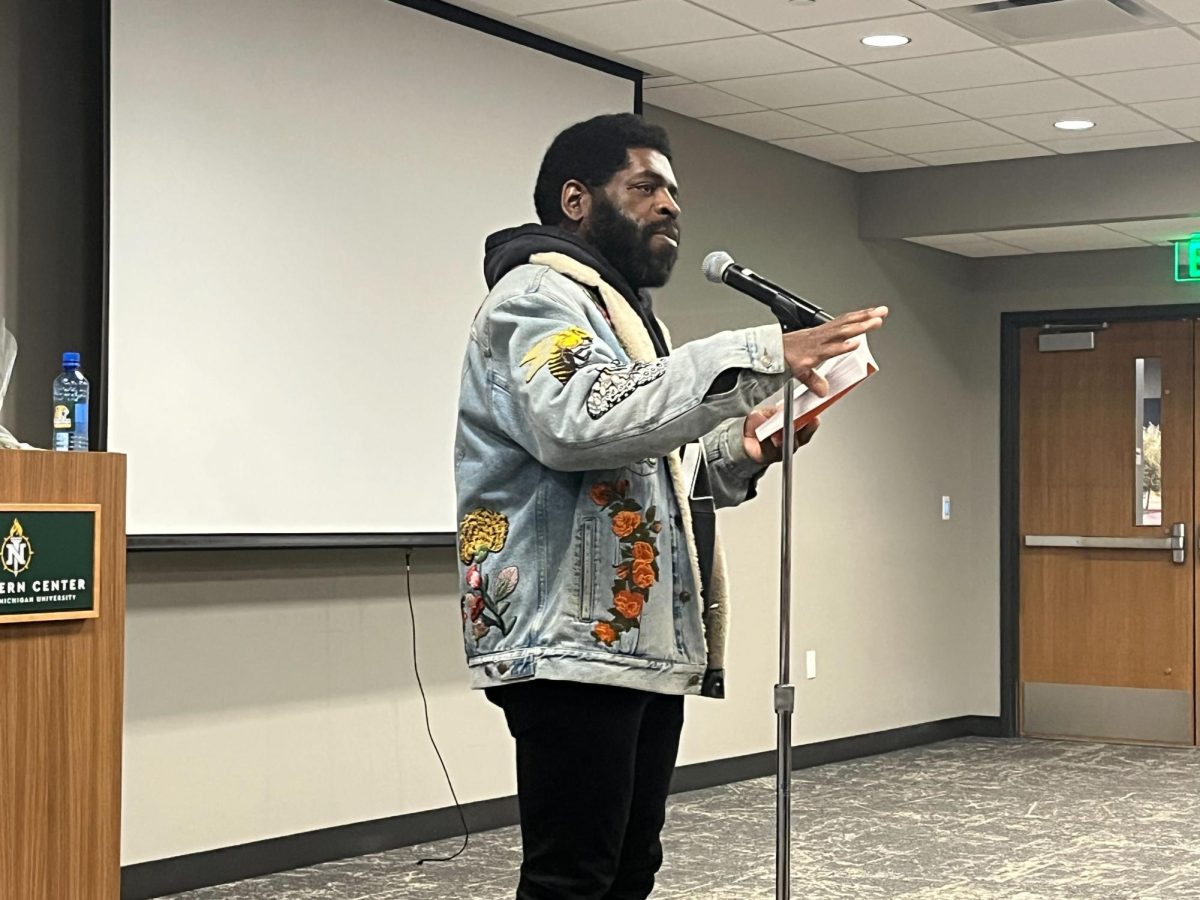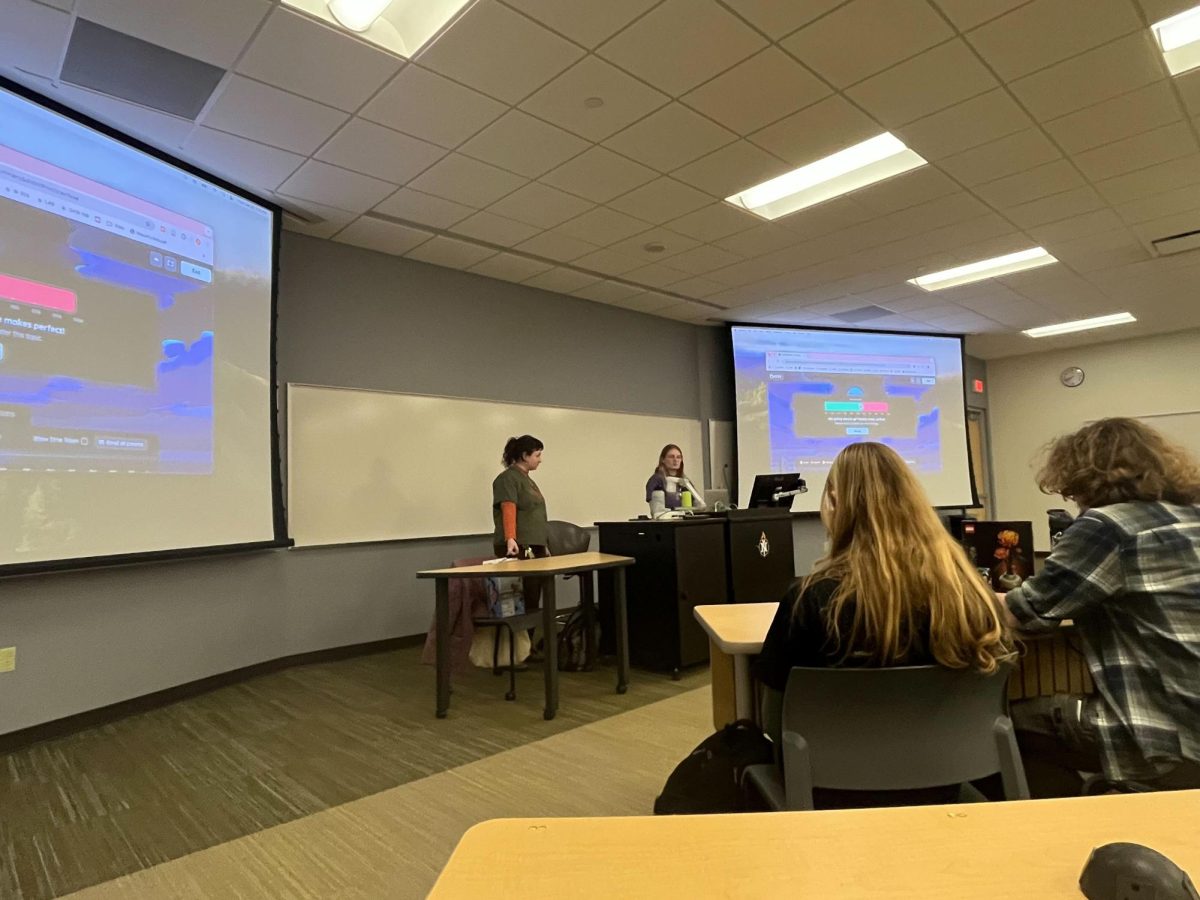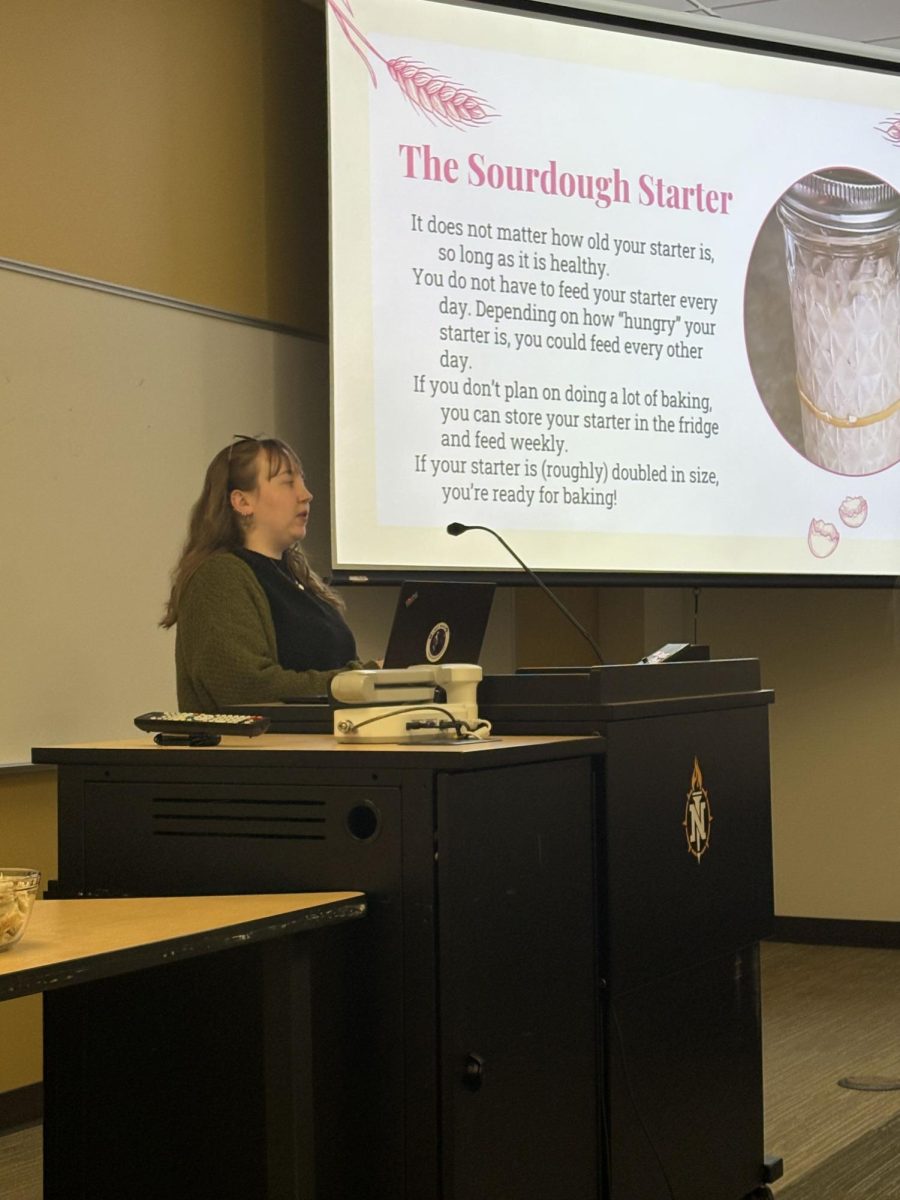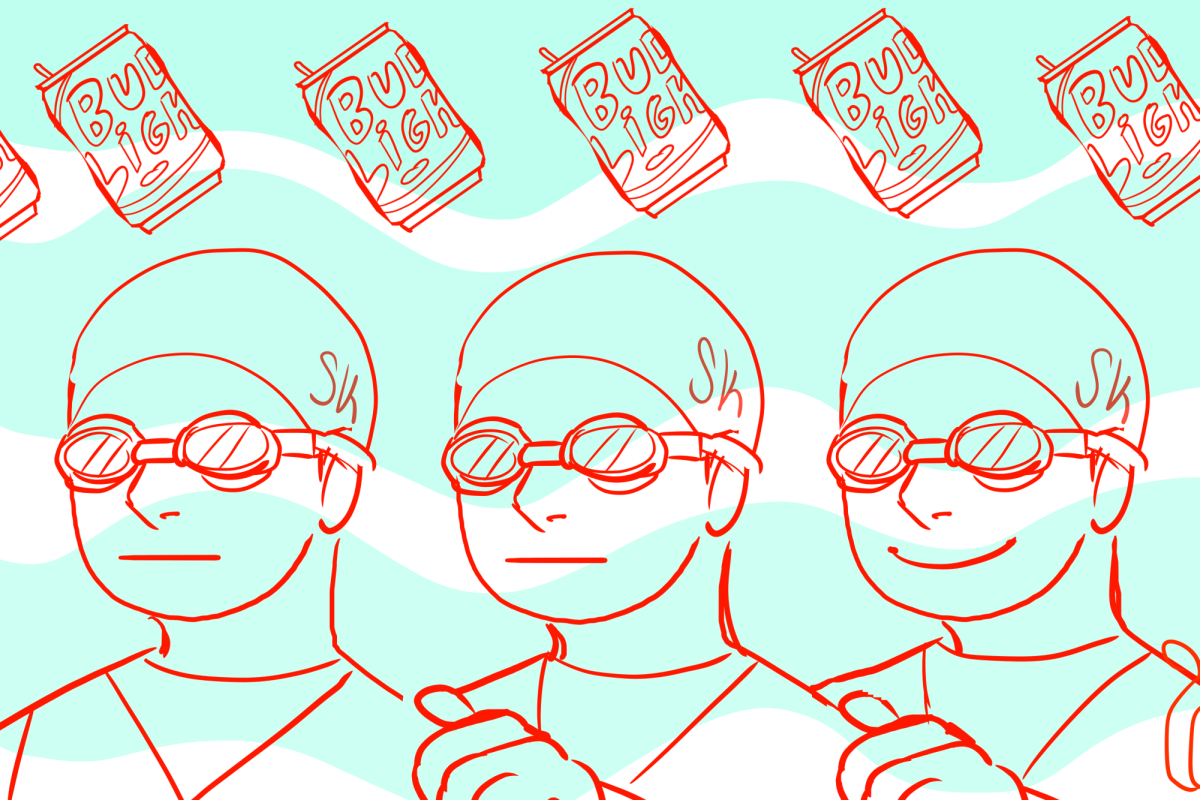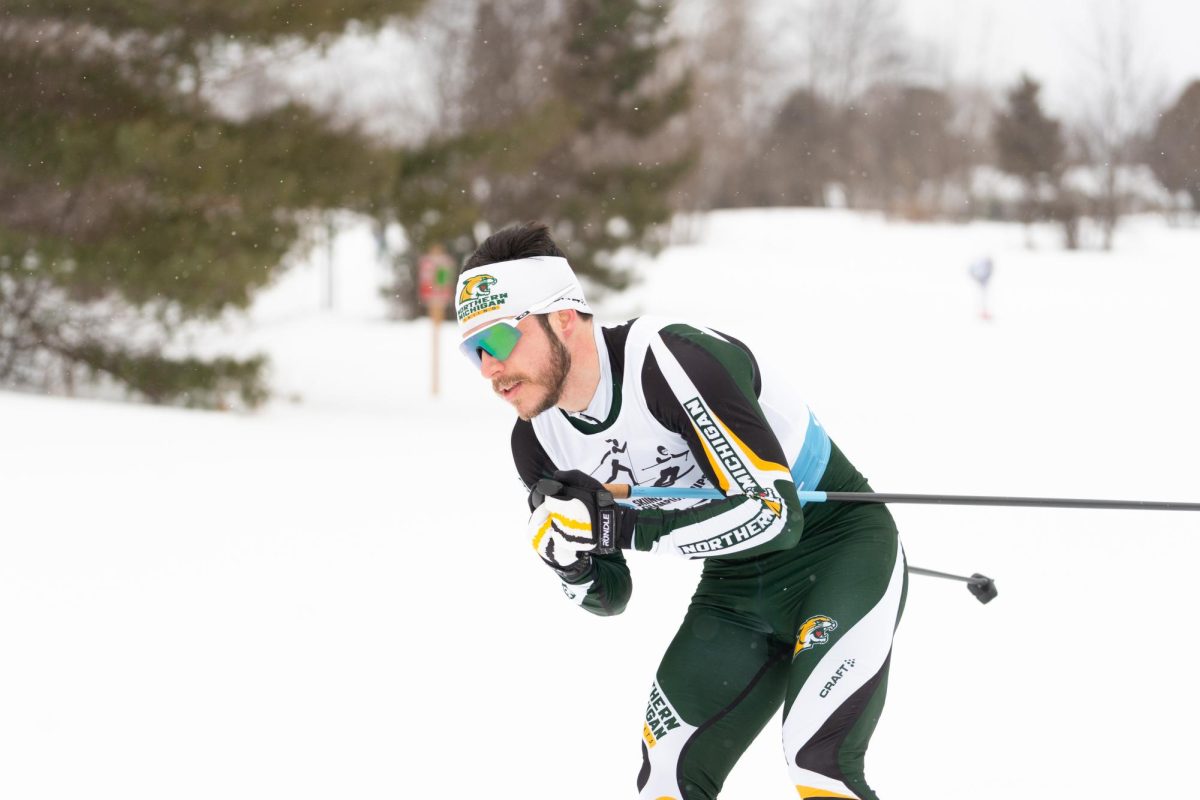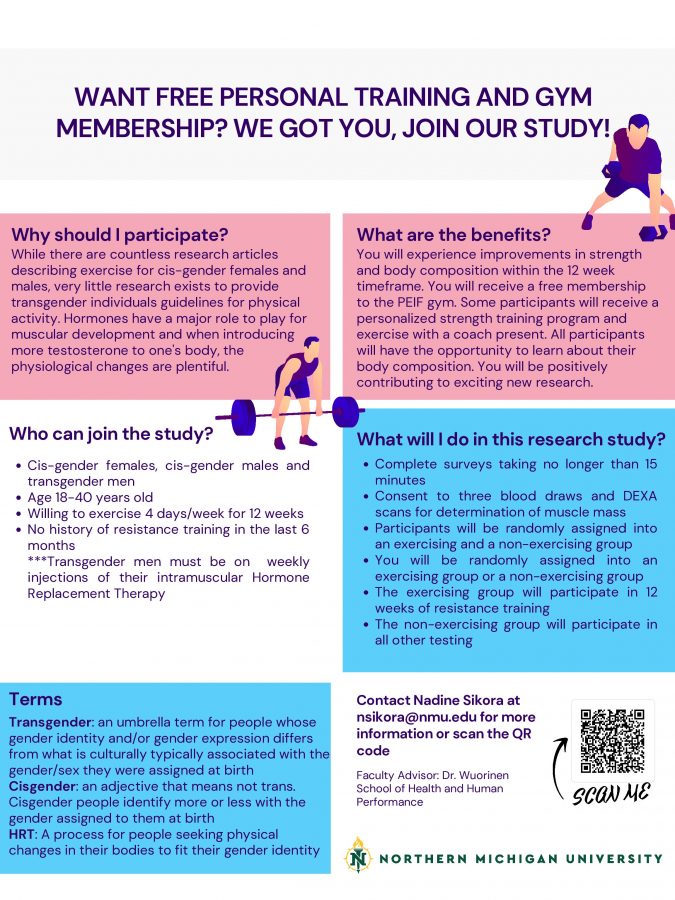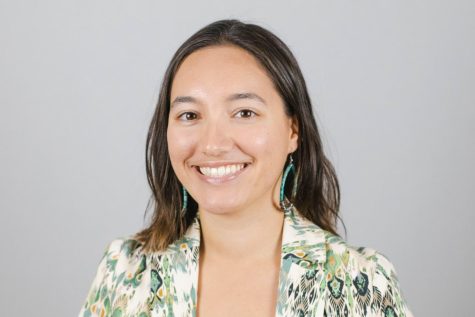Upcoming study looks at exercise for transgender males
Recruitment poster for Nadine Sikora’s study looking at muscle mass gains in trans men. Sikora is looking for a total of 18 participants to join her study.
August 25, 2021
When Nadine Sikora started her master’s degree in exercise science at NMU last year, she was confident her research interests would never become a reality. She was so confident that her idea of researching the impact of hormone therapy on muscle gain would never happen, that she chose to present her mock research project as file papers instead of a thesis for her Intro to Research Methods class.
She did not expect the overwhelmingly positive response to her project that came from friends and professors. Now a year later, she is prepared to lead her pilot study on how transgender males undergoing hormone therapy have a different increase in muscle mass.
“I thought not a single person would be interested in what was in my brain for this research. So I did this class, and I used my idea for this study as my topic and people loved it,” Sikora said. “And them saying that ‘yes this is something that you should look at’ was kind of critical for me to say ‘okay well if people here in Marquette … are saying that this is the study that should be done, I should do it. I have the idea, I should do it.’ So, here I am, I am doing it.”
Sikora’s main inspiration for the study was based on her interactions with her friends who have gone through a female-to-male transition and struggle to build the body they feel most comfortable in.
“When they go to a new gym, people do not know how to help them and so they are kind of lost in the gym. They look to me to help them with their exercise,” Sikora said. “I would help them because exercise is exercise, we can all use it and it is gonna be beneficial, but I think we are doing everyone a disservice for not researching transgender medicine.”
Max, who asked to use a pseudonym for privacy reasons, joined the study after encountering similar roadblocks to his health and fitness.
“Fitness issues arise frequently, like not knowing if you should base your caloric intake on male or female standards since there is no information to know where trans male caloric needs averages to struggling to find a successful routine in the gym,” Max said. “There are also more serious issues regarding health, like having to inform your physicians about basic trans health needs because they were not taught that information in medical school.”
Not only is trans health not taught in medical school, but there is no research available to inform anyone on how hormone therapy impacts exercise, according to Sikora.
“Oftentimes, even the research that has been conducted for transgender medicine is based off of cisgender norms,” Sikora said. “I just think that it is unbelievably important and critical that we start to look at transgender medicine, and ways that we can guide transgender individuals through exercise to find happiness.”
Sikora’s study will look at how transgender males on hormone therapy build muscle mass over time differently than cisgender males or females. This difference is due to the increased amount of testosterone in their bodies which affects their reactions to exercise specifically designed to elicit hypertrophy or muscle mass gains.
In order to complete this research, Sikora is looking for 18 people (six cis women, six cis men and six trans men) who are non-exercisers to participate in her 12-week study. The participants will be given a membership to the PIEF but only half of the group will be doing the workouts. The other half will be Sikora’s control group and will be undergoing the same testing protocols.
Sikora will do three rounds of testing on all participants to measure the levels of testosterone in the body before, during and after the 12 week exercise period. She will also use dual-energy X-ray absorptiometry scans to observe muscle mass growth during the same intervals.
The study will also be tracking their answers to a self-compassion survey with the goal of using exercise to help transgender individuals find happiness in their bodies.
Each participant will receive a document that will detail their exercises for the day and be a place for them to record their data. This system will also allow Sikora to personalize each routine and give feedback to the participants about when they should move up or down weight on certain exercises.
The workouts are scheduled to happen 4-6 p.m. on Monday, Wednesday and Friday for the 12-week study. While the workouts should only take an hour to complete, this six-hour time commitment is something that people interested in participating should anticipate.
“I do really think that it is critical that with the participants that I recruit, they are aware of how important this research is and they are 100% committed to seeing through the full entire program,” Sikora said.
People interested in being a part of this study can contact Sikora at nsikora@nmu.edu.
She does not plan on ending her work with this study. Regardless of the results at the end of the semester, Sikora hopes that her research will continue and spark more efforts in transgender medicine. She plans to search for a PhD program that will support her research and expand the study to include more participants and in-depth lab work.
“It’s important to know that there’s a severe lack of research into trans health and fitness and this study will be filling a need for many, while also hopefully inspiring other studies to fill this need as well,” Max said.

